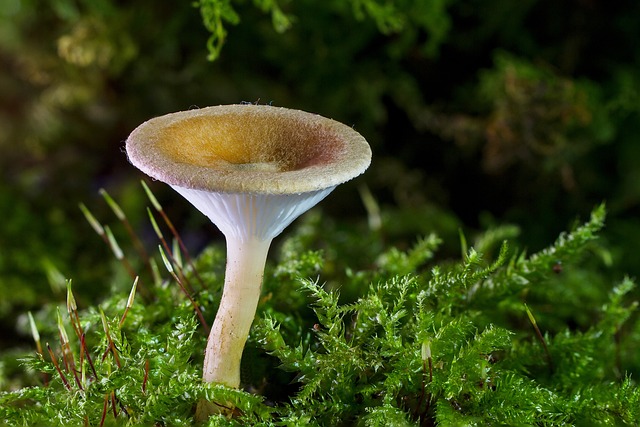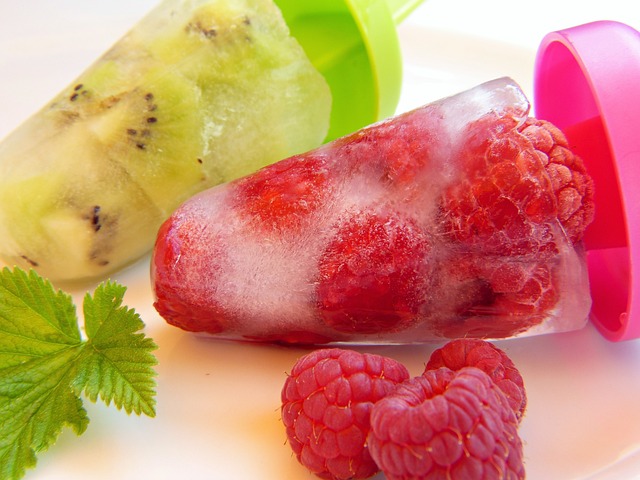Beyond Yogurt: Exploring the World of Non-Dairy Probiotic Sources
Gone are the days when yogurt was our only go-to source for probiotics. While yogurt is undoubtedly a fantastic source of these beneficial bacteria, there is a whole world of non-dairy options available that can provide you with the same, if not more, probiotic benefits. Whether you are lactose intolerant, following a vegan diet, or simply looking to add some variety to your probiotic intake, here are some non-dairy sources that you can explore.
Kombucha
Kombucha is a fermented tea beverage that has gained popularity in recent years. It is made by fermenting sweetened black or green tea with a symbiotic culture of bacteria and yeast (SCOBY). The fermentation process produces a slightly fizzy, tangy beverage rich in probiotics. Kombucha not only provides you with an array of beneficial bacteria but also offers antioxidants and other health-promoting compounds.
Sauerkraut
Sauerkraut, a traditional German dish, is made by fermenting cabbage. The fermentation process gives sauerkraut its characteristic tangy flavor and crunch. Apart from being a tasty addition to sandwiches and salads, sauerkraut is an excellent source of probiotics. Look for unpasteurized sauerkraut, as pasteurization can kill the beneficial bacteria.
Miso
Miso, a staple in Japanese cuisine, is a paste made by fermenting soybeans with salt and a fungus called koji. The resulting product is a thick, savory paste with a distinctive umami flavor. Miso is not only packed with probiotics but also provides essential minerals, vitamins, and antioxidants. It can be used as a base for soups, marinades, and dressings.
Tempeh
Tempeh is a fermented soybean product originating from Indonesia. It is made by fermenting soybeans with a specific type of fungus. The fermentation process creates a firm, nutty, and slightly earthy product that is a high-protein alternative to meat. Tempeh not only provides probiotics but also essential amino acids, vitamins, and minerals.
Kefir
Kefir is a fermented milk drink that is similar to yogurt but has a thinner consistency. It is made by adding kefir grains, which are a combination of yeast and bacteria, to milk. Kefir grains ferment the milk, resulting in a tangy and slightly effervescent beverage. If you are lactose intolerant, don’t worry! Non-dairy versions of kefir made from coconut milk, almond milk, or other plant-based milks are also available.
Kimchi
Kimchi is a traditional Korean side dish made by fermenting vegetables, usually cabbage, with a mix of spices, salt, and sometimes seafood. The fermentation process gives kimchi its pungent flavor and probiotic properties. Kimchi is not only a great source of probiotics but also provides vitamins A, C, and K, as well as antioxidants.
Coconut Milk Yogurt
For those who prefer the familiar texture of yogurt, but want to avoid dairy, coconut milk yogurt is a fantastic non-dairy alternative. Made from the creamy flesh of coconuts, coconut milk yogurt is rich and indulgent. It contains live cultures that provide the same probiotic benefits as traditional yogurt.
With the wide range of non-dairy options now available, you can easily incorporate probiotics into your diet, regardless of your dietary preferences or restrictions. So, go ahead and experiment with these non-dairy sources to reap the health benefits of probiotics beyond yogurt!







